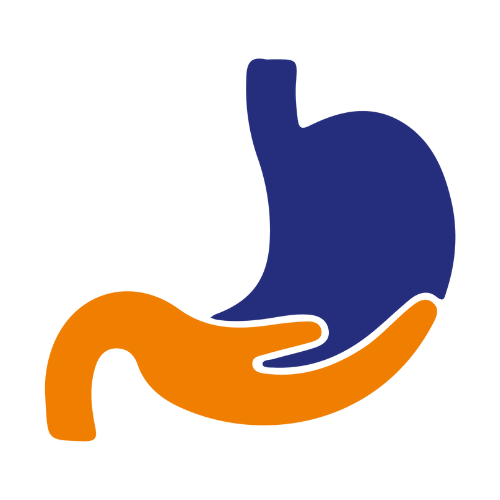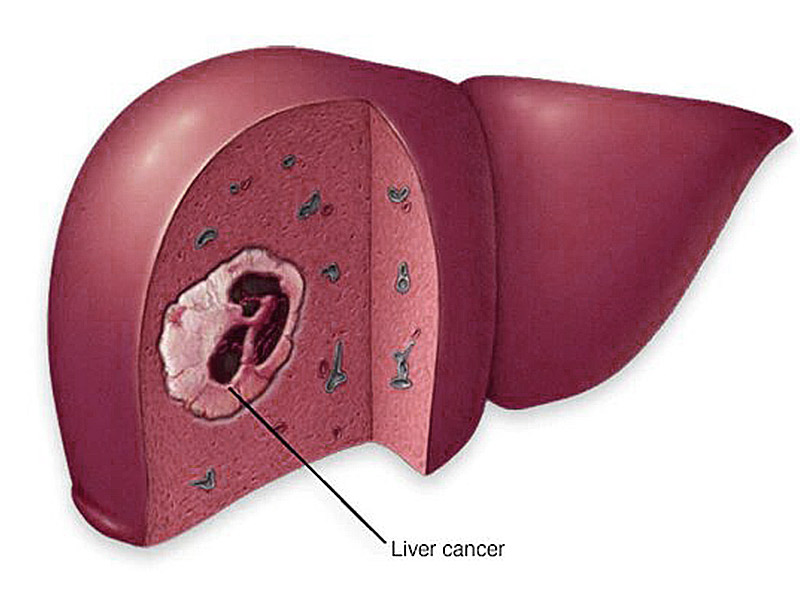Liver Cancer / HCC
Liver Cancer, also known as Hepatic Cancer, is a cancer that occurs in the liver. Cancer in the liver destroys liver cells & interferes with its ability to function normally. Liver cancer may be primary or secondary.
Hepatocellular carcinoma (HCC) is the most common type of primary liver cancer. Hepatocellular carcinoma occurs most often in people with chronic liver diseases, such as cirrhosis caused by hepatitis B or hepatitis C infection.
What are the Symptoms?
Most people don’t have signs and symptoms in the early stages of primary liver cancer. When signs and symptoms do appear, they may include:
- Losing weight without trying
- Loss of appetite
- Upper abdominal pain
- Nausea and vomiting
- General weakness and fatigue
- Abdominal swelling
- Yellow discoloration of your skin and the whites of your eyes (jaundice)
- White, chalky stools
- Enlarged liver, spleen or both
- Fluid buildup on the abdomen
- Fever
What are the Causes?
Liver cancer happens when liver cells develop changes (mutations) in their DNA. A cell’s DNA is the material that provides instructions for every chemical process in your body. DNA mutations cause changes in these instructions. One result is that cells may begin to grow out of control and eventually form a tumor — a mass of cancerous cells.
Sometimes the cause of liver cancer is known, such as with chronic hepatitis infections. But sometimes liver cancer happens in people with no underlying diseases and it’s not clear what causes it.
How is it Diagnosed?
Liver cancer is diagnosed through understanding the patient’s medical history, physical examination & the following diagnostic tests:
- Liver Function Tests
- Abdominal CT Scan
- MRI Scan
- Liver Biopsy
What are the Risk Factor?
- Older Adults, above 50 years of age
- Chronic Infection with Hepatitis B or Hepatitis C virus
- Liver Cirrhosis
- Genetic liver disorders such as
- Wilson’s Disease
- Diabetes & obesity
- Nonalcoholic Fatty Liver Disease
- Exposure to Certain Toxins
- Excessive Alcohol Consumption
How is it Treated?
Treatment for Liver Cancer depends on a variety of factors:
- Size & Location of the tutors
- Functioning of the liver
- Whether or not Liver Cirrhosis is present
- Whether the tumour has spread to other organs
Some of the treatment options include:
- Hepatectomy is a procedure in which a part or all of the liver is removed. Over a period of time, the healthy tissue regrows. This is an appropriate treatment modality in cases where the cancer is confined to the liver.
- Liver Transplant involves replacing the diseased liver with a healthy one from a suitable donor. A transplant is a feasible option only if the cancer has not spread to other organs
- Ablation is considered as an option when the patient is not a candidate for either Hepatectomy or Liver Transplant. In this procedure, cancer cells are destroyed through use of ethanol injections.
- Chemotherapy is a form of cancer treatment in which cancer cells are destroyed through an aggressive form of drug therapy. It is an effective treatment method for Liver cancer, but patients tend to experience side effects such as vomiting & loss of appetite.
- Radiation Therapy uses high energy radiation beams to destroy cancer cells in the liver.
- Targeted Therapy is a treatment method in which cancer cells are targeted where they are most vulnerable. This shuts off blood supply to the tumour and stops its growth.
- Embolization & Chemoembolization are surgical interventions to shut off the hepatic artery to cut down the amount of blood flow to the tumour.

